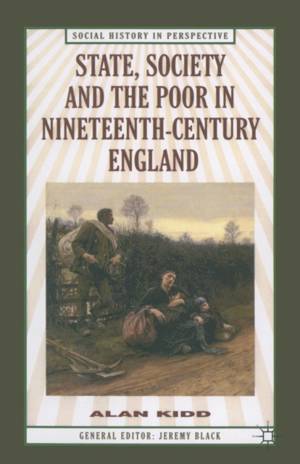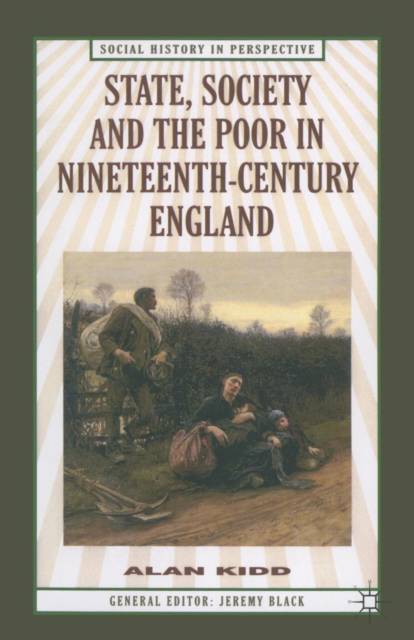
- Afhalen na 1 uur in een winkel met voorraad
- Gratis thuislevering in België vanaf € 30
- Ruim aanbod met 7 miljoen producten
- Afhalen na 1 uur in een winkel met voorraad
- Gratis thuislevering in België vanaf € 30
- Ruim aanbod met 7 miljoen producten
Zoeken
€ 40,95
+ 81 punten
Uitvoering
Omschrijving
Today it is impossible to separate discussion of poverty from the priorities of state welfare. A hundred years ago, most working-class households avoided or coped with poverty without recourse to the state. The Poor Law after 1834 offered little more than a 'safety net' for the poorest, and much welfare was organised through charitable societies, self-help institutions and mutual-aid networks. Rather than look for the origins of modern provision, the author casts a searching light on the practices, ideology and outcomes of nineteenth-century welfare. This original and stimulating study, based upon a wealth of scholarship, is essential reading for all students of poverty and welfare. It also contains much to interest a wider readership.
Specificaties
Betrokkenen
- Auteur(s):
- Uitgeverij:
Inhoud
- Aantal bladzijden:
- 207
- Taal:
- Engels
- Reeks:
- Reeksnummer:
- nr. 39
Eigenschappen
- Productcode (EAN):
- 9780333632543
- Verschijningsdatum:
- 8/07/1999
- Uitvoering:
- Paperback
- Formaat:
- Trade paperback (VS)
- Afmetingen:
- 140 mm x 216 mm
- Gewicht:
- 281 g

Alleen bij Standaard Boekhandel
+ 81 punten op je klantenkaart van Standaard Boekhandel
Beoordelingen
We publiceren alleen reviews die voldoen aan de voorwaarden voor reviews. Bekijk onze voorwaarden voor reviews.











